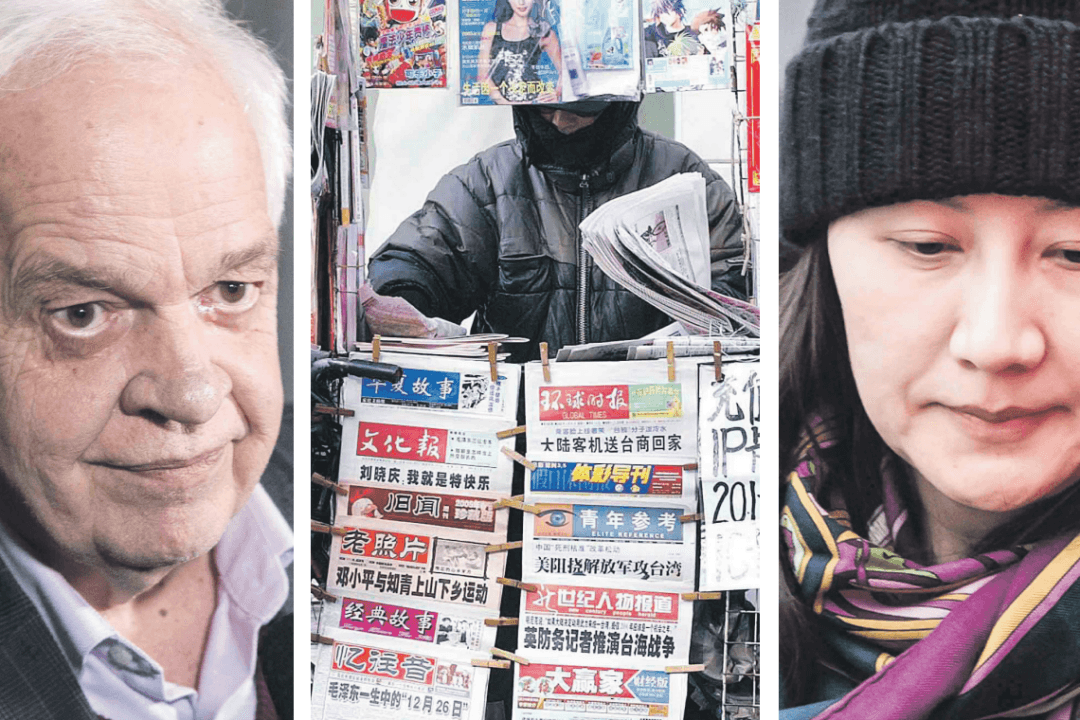News Analysis
In a totalitarian regime such as that in communist China, a lot can be read between the lines in how state-controlled media report on topics that are deemed sensitive.The Epoch Times analyzed reports by media in mainland China on John McCallum, Canada’s former ambassador to China, who was forced to resign after speaking in favour of arrested Huawei CFO Meng Wanzhou not being extradited to the United States.





